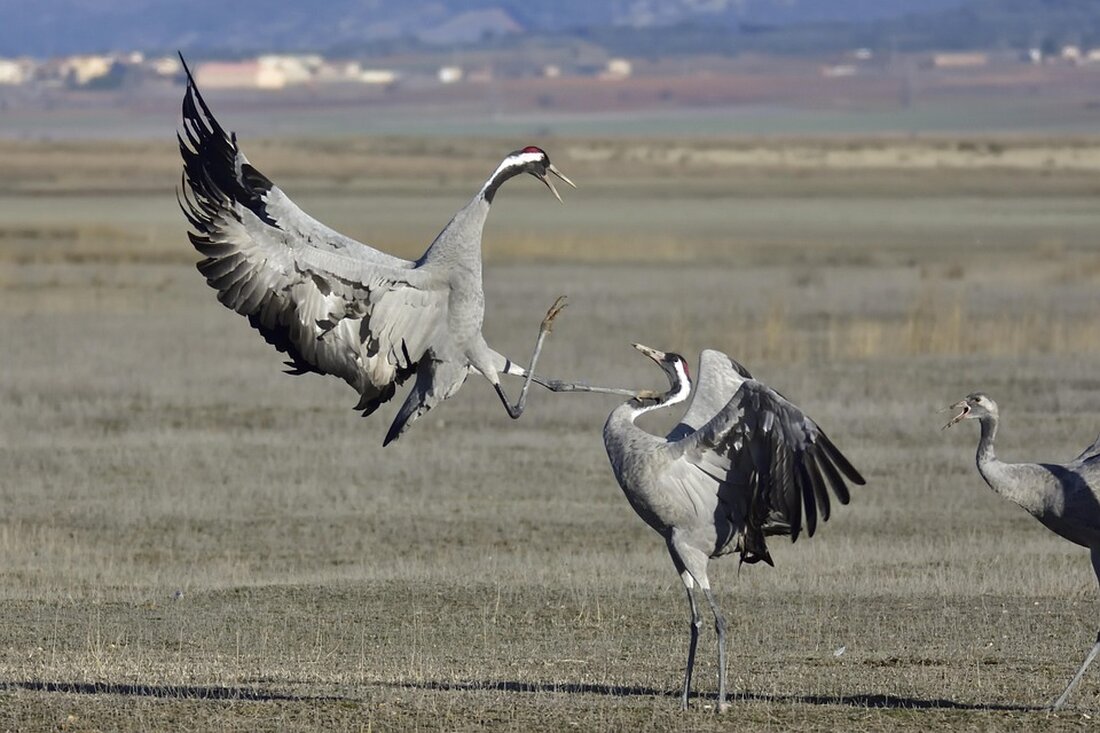Florists are fighting for more vacation and better working hours!
IG BAU is calling for more vacation and shorter working hours for florists in Halle in order to improve working conditions.

Florists are fighting for more vacation and better working hours!
In Halle (Saale) there are over 60 employees working in the floristry industry, with the majority of positions being held by women. These florists are not only responsible for making bouquets, wreaths and arrangements, but also design bridal jewelry and decorate shop windows, sales rooms and hotel foyers. Kerstin Fischer from IG BAU Sachsen-Anhalt Süd describes working in this skilled trade as particularly challenging. Florists often work six days a week and only have 24 days of vacation per year.
IG BAU Sachsen-Anhalt Süd is committed to significant improvements in the industry. She calls for a five-day week and 32 days of annual vacation. In addition, appropriate remuneration for overtime should be part of the upcoming collective bargaining negotiations with the German Florists Association (FDF). These negotiations are crucial to achieve better working conditions for the florists.
The importance of floristry for special occasions
Florists play a central role in important life events such as baptisms, weddings and funerals. Your craftsmanship and the necessary know-how regarding product requirements, purchasing and price calculation are indispensable. The industry is not only known for floral design, but there is also a strong connection with other areas of agriculture and horticulture.
IG BAU is a union that advocates for the interests of employees in floristry, agriculture and horticulture. Members include professionals from various fields, including seed and animal breeding and agricultural cooperatives. The union conducts collective bargaining to ensure fair wages and good working conditions. This also includes the commitment to sustainable structures in the industries.
Responsibility and future prospects
The collective bargaining committees of IG BAU work on strategies for the current and future challenges of their members. Active work is being done to develop trade union positions on vocational training, with exchanges with training centers and vocational schools playing an important role. The employee representatives are also active in the social insurance for agriculture, forestry and horticulture (SVLFG) in order to represent the interests of the members in the political sphere.

 Suche
Suche
 Mein Konto
Mein Konto